Do you see yourself as a person who repays their debts, at least to the extent you can?
If so, you may be trying to figure out whether to file Chapter 13 bankruptcy or hire a debt consolidation firm – the kind that runs ads on late-night TV.
Chapter 13 is a debt repayment plan enforced by a federal judge and doesn’t require you to negotiate with your creditors or pay another for-profit entity.
Debt consolidation is run by private businesses who make their money from…well, that’s a good question, isn’t it?
Who’s REALLY getting paid?
Some “debt consolidation” or “debt management” plans advertised on TV are set up so that HALF of your take-home pay goes to the consolidator. These types of programs are scams.
Even with the more “honest” debt management business models, they take the first 4 or 5 of your payments for themselves, rather than your creditors. Not only that, many creditors flat out won’t work with these debt management companies, which leaves you holding a bag filled with high fees and a negative credit report.
By contrast, if you file Chapter 13 bankruptcy, the “set-up fee” is your filing fee, which is only around $300. The ongoing cost is the trustee commission, which runs between 9% and 10% of the total amount of your plan payment.
What kind of protection do they offer?
A private debt consolidation company can’t keep creditors from suing you.
By contrast, filing bankruptcy initiates an automatic stay on all collection actions, including foreclosure or repossession.
A private debt consolidation company can’t offer you a debt discharge, which renders any future attempts to collect on the discharged debt unenforceable. Bankruptcy can, and does.
Working with a private debt consolidation company to get debt amounts forgiven results in an income tax bill. Achieving the same thing with a bankruptcy discharge has zero tax consequences.
Can I discuss the pros and cons of each approach with someone in detail?
You absolutely can. It’s free to chat with me about your options – you can call or text me at 215.551.7109, or drop me a line.









